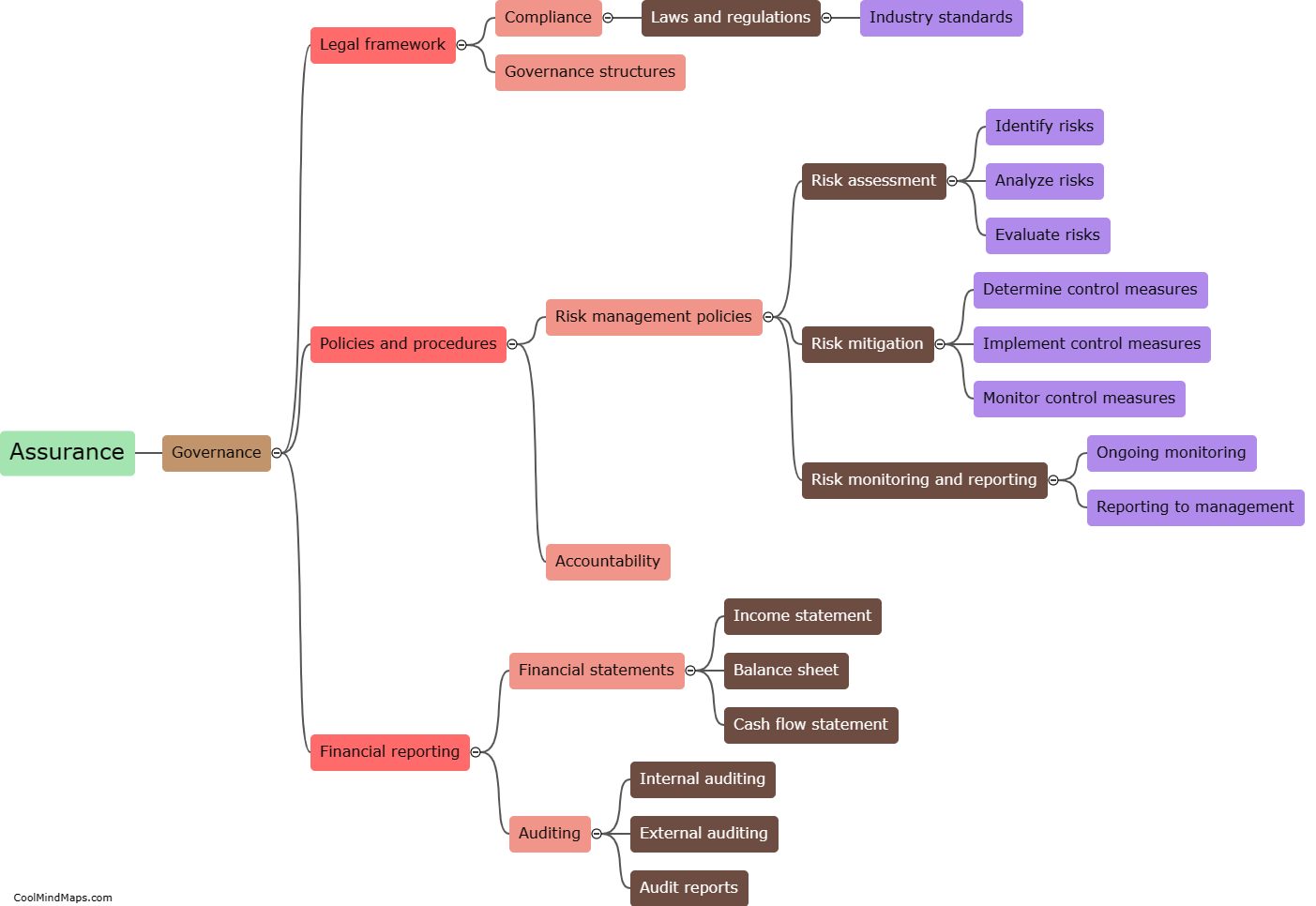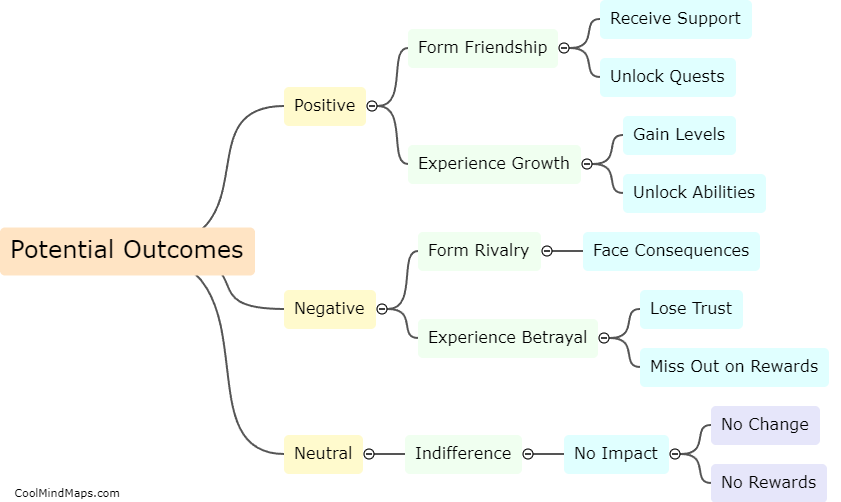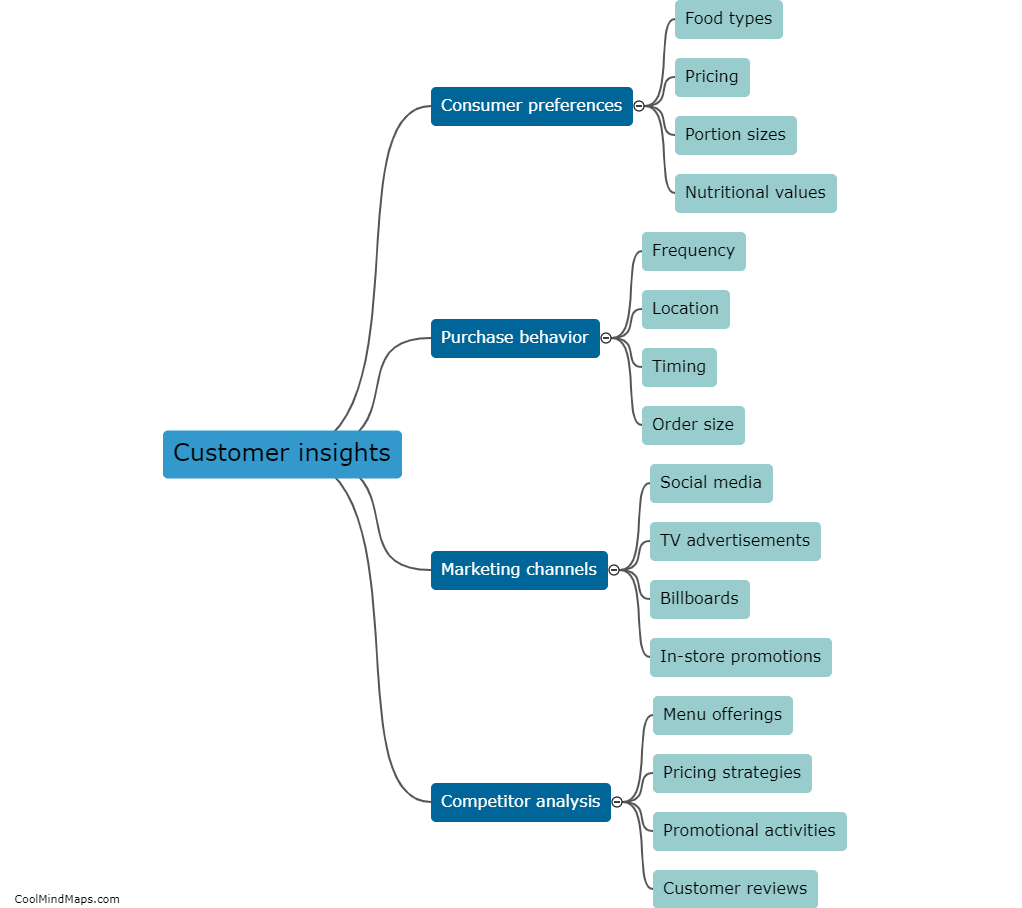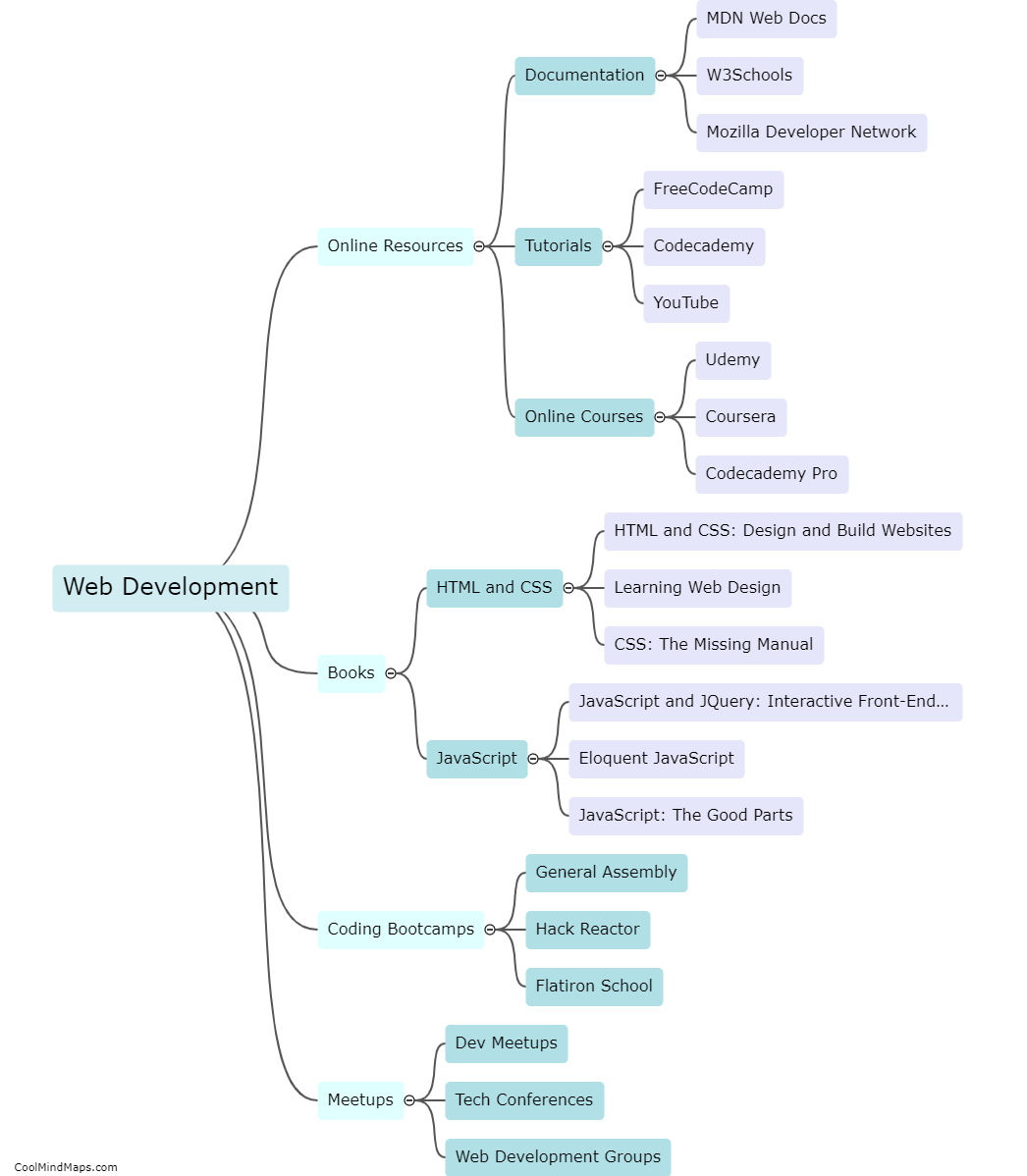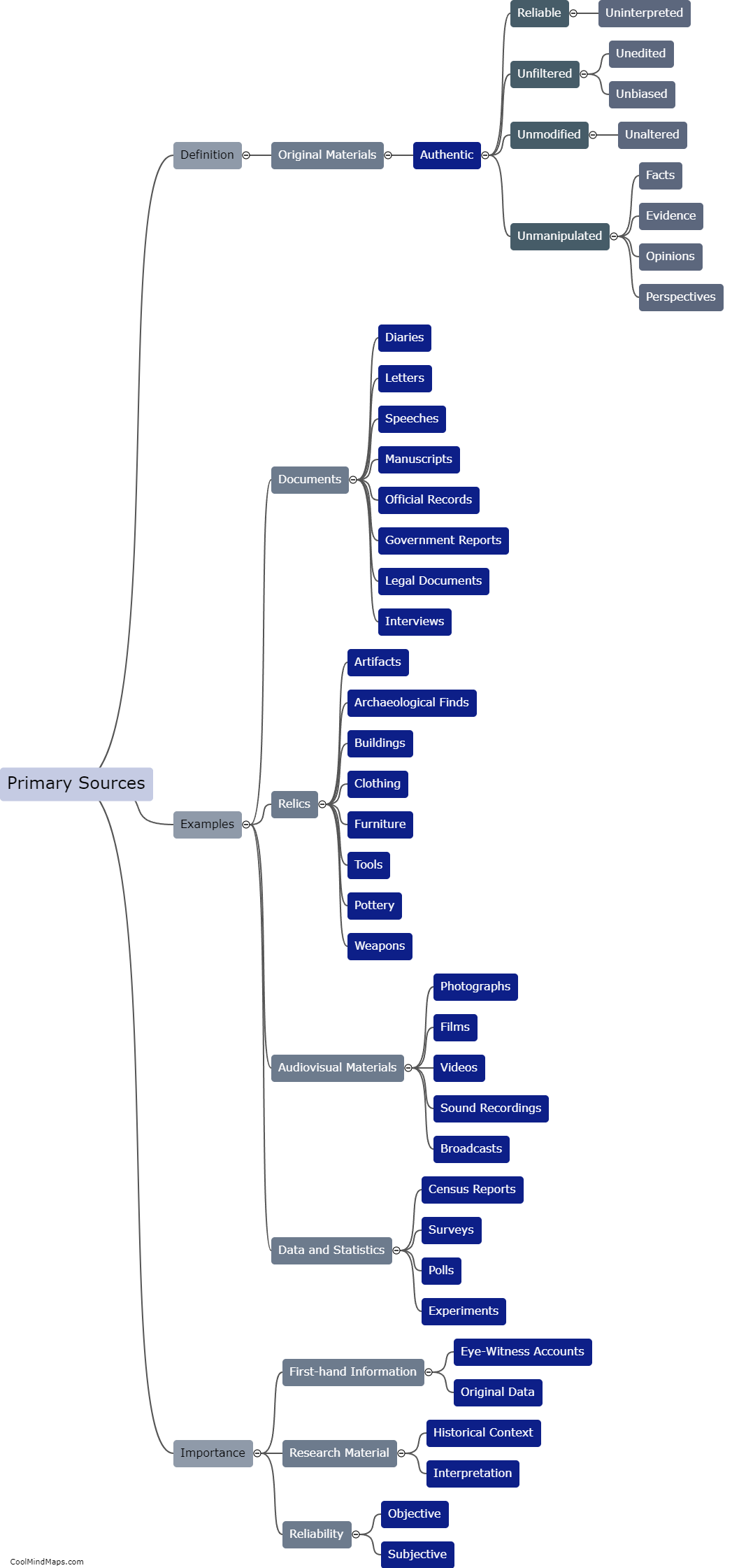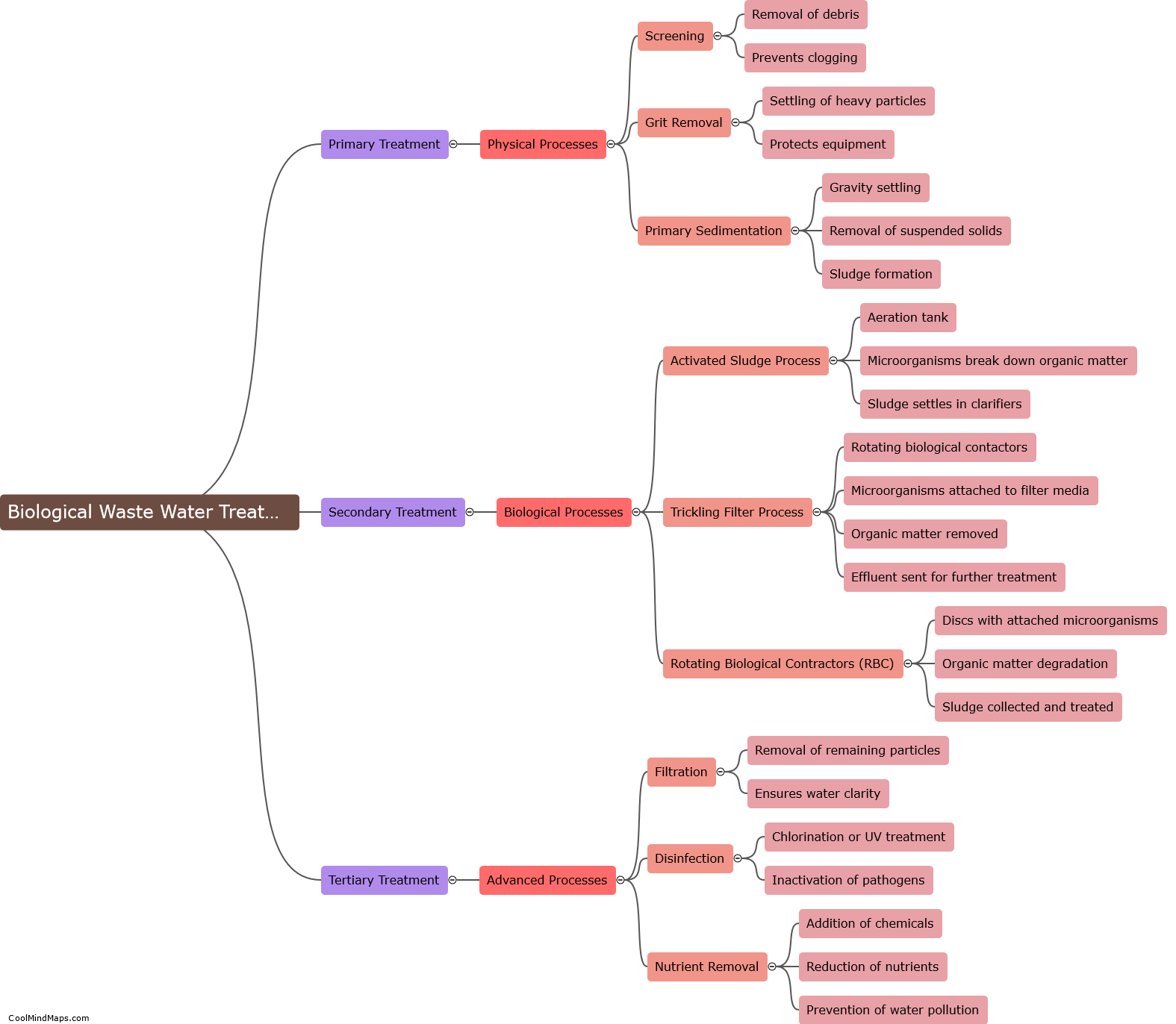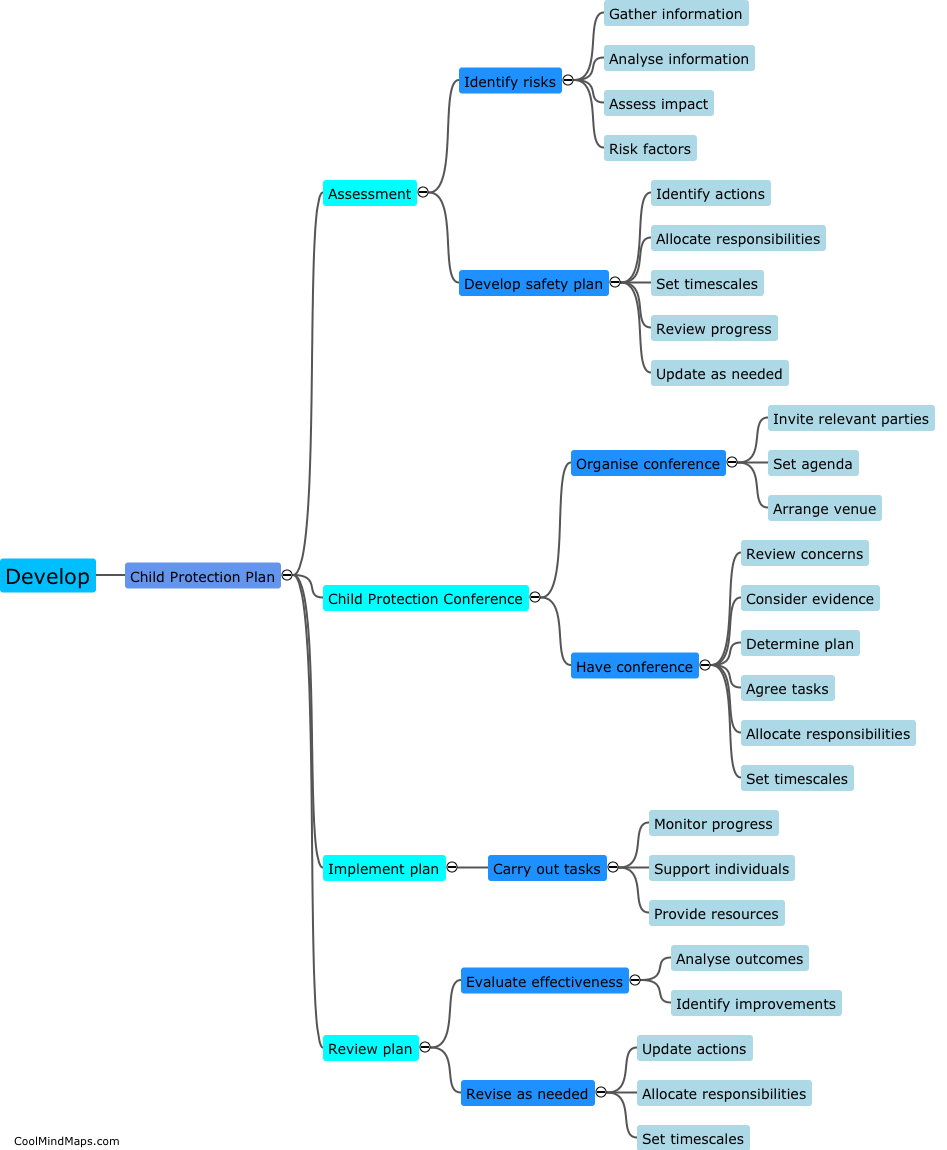What is biological waste water treatment?
Biological waste water treatment is a process that utilizes microorganisms, such as bacteria and fungi, to break down and remove organic contaminants from wastewater. It is an essential step in the treatment of wastewater before its safe release into the environment. In this process, the wastewater is aerated, providing oxygen for the growth of aerobic microorganisms that consume the organic matter present in the water. These microorganisms convert the organic pollutants into simpler compounds, such as carbon dioxide and water. By utilizing natural biological processes, biological waste water treatment provides a sustainable and cost-effective solution for treating wastewater and minimizing its impact on the ecosystem.
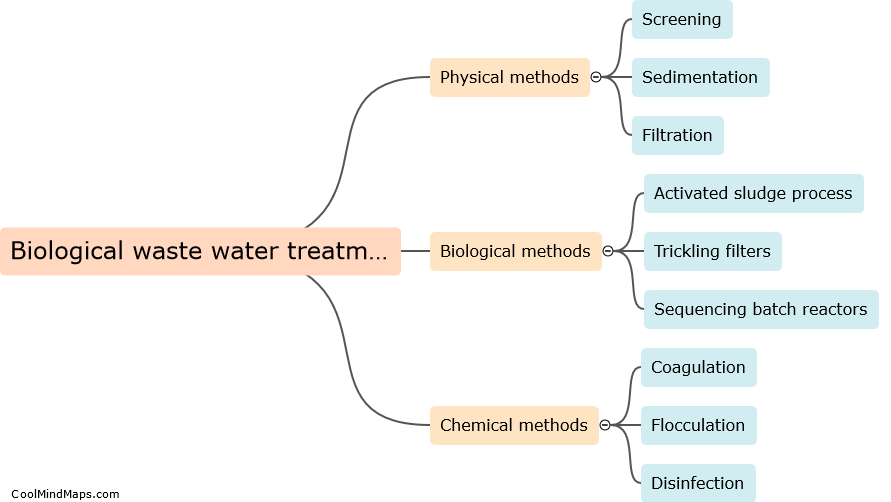
This mind map was published on 19 September 2023 and has been viewed 127 times.

